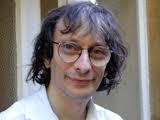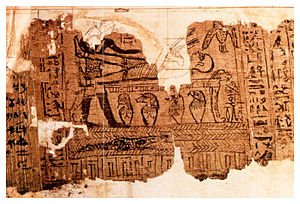Okay, I guess I set myself up for this. 🙁
So I sort of waded into the discussion / argument on this post about Ordain Women. In those comments I mentioned that I have a dear friend that is believing LDS and has felt supportive of Ordain Women. She had asked me to contact Kate Kelly and ask her about her beliefs. (Presumably because I have experience with making the questions increasingly pointed until I either get an answer to my real question or the person refuses to answer.)
I made the mistake of mentioning this in the comments and attempted to run a middle ground between Hunter and Geoff’s points of views on Ordain Women. I have no doubt that a person can be a believing member of the Church — even in the most common and classic sense — and also support Ordain Women.
However, the big question we are asking here is if Ordain Women is actually being run by people that don’t believe the LDS church has a restored — through angels — priesthood in the first place. Nothing Kate Kelly has said to date has given me any reason to suppose she doesn’t and in fact she comes across very believing to me. But I also know that its easy to use misleading language and that many often do just this. So I really wanted to ask her directly, but I am prepared to take her word for it one way or the other.
I was actually live chatting with Kate for a brief moment. I wrote up for here my reasons for why I feel tranparency on her beliefs mattered as the leader of a public movement but did say that if she just wasn’t comfortable talking about her beliefs, I’ll accept that and leave her alone.
I wanted to show the argument I made to her, so I’m posting our conversation (which is like 99% me) here. [Edit: Kate made only three quick entirely public statements, so I felt there was not the slightest confidence being betrayed. The choice to show the conversation publicly was a choice to show my words publicly. But since I’m not being Bloggernacled on the fact that I made “Kate’s prive words public” I am going to humor this very strange attack and remove Kate’s words entirely and just summarized what happened for her side since this changes not a single thing in the post.] Continue reading →
So God created man in his own image, in the image of God created he him; male and female created he them. (Genesis 1:27)



